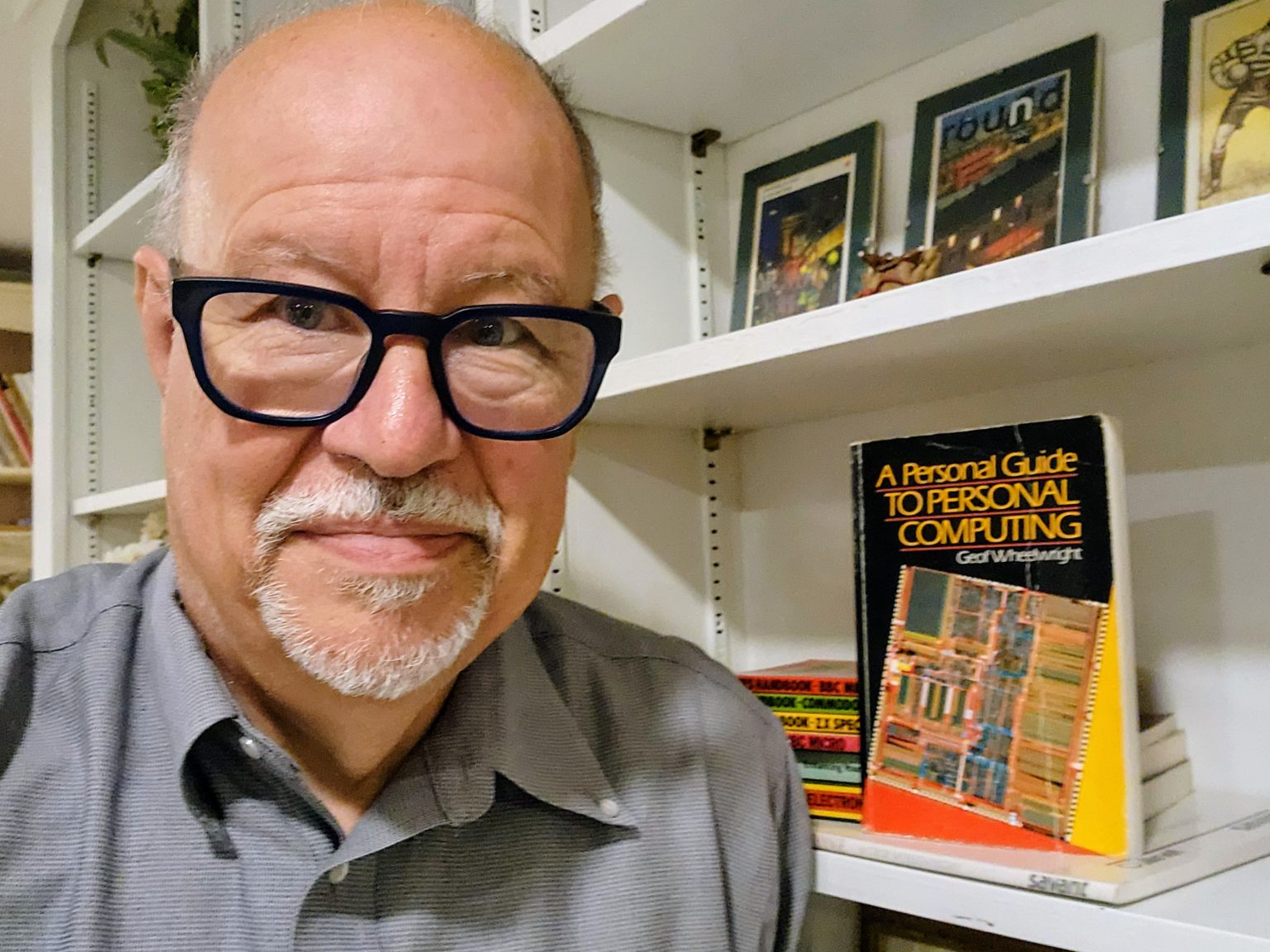Authors Find Unexpected Windfall in Anthropic’s Historic AI Settlement
The recent $1.5 billion settlement between AI company Anthropic and a class of authors represents a watershed moment in the emerging conflict between copyright holders and artificial intelligence companies. Announced on September 5th, the settlement awaits approval from a federal judge but already stands as a potentially groundbreaking precedent for how creators might be compensated when their works are used to train AI systems. For many authors, including journalist Geof Wheelwright who wrote or contributed to 15 books between 1980 and 2000, this settlement feels less like a high-stakes legal thriller and more like an episode of Antiques Roadshow – suddenly discovering that forgotten works might hold unexpected value in this new AI-driven economy.
The settlement aims to resolve a massive class action lawsuit centered on Anthropic’s alleged use of approximately 500,000 pirated books to train the AI model behind its Claude application. If approved, the settlement would distribute funds to rightsholders of these books after legal fees and administrative costs, averaging about $3,000 per book. This outcome could significantly impact other AI industry giants like Microsoft, OpenAI, and Amazon (which has invested billions in Anthropic). For authors who never expected additional income from older works, this represents a surprising windfall. Many are now scrambling to determine if their books were among those allegedly used without permission, checking resources like The Atlantic’s search tool that identifies books listed on Library Genesis (LibGen), one of two pirate sites named in the settlement alongside Pirate Library Mirror (PiLiMi).
The process of determining which books qualify for compensation remains complex and ongoing. U.S. District Judge William Haskell Alsup, who oversees the case, has noted the wide range of potential outcomes had the case gone to trial – from nothing to as much as $150,000 per copyrighted work. The preliminary approval hearing won’t occur until September 25th, leaving authors in limbo regarding whether their works are among the 500,000 included in the settlement. The lists were filed under seal to protect author and publisher privacy, complicating the identification process. Authors Guild CEO Mary Rasenberger described the situation as having “kinda nuts” turnaround time, with lawyers making “Herculean efforts” to connect each title with its copyright registration number. The Authors Guild has established a dedicated settlement website to collect information from potential claimants, encouraging any author who suspects their work may be included to provide their details.
Beyond the immediate financial implications for individual authors, this settlement carries broader significance for the evolving relationship between creative industries and artificial intelligence. Regina S. Penti, a technology and IP transactions partner at Ropes & Gray, notes that while the settlement quantifies the risk of using allegedly pirated data, it represents just one chapter in an ongoing legal saga. Though not binding precedent for other courts or cases, it sends a clear signal that the judiciary is taking the source of training data seriously. Other AI companies and rights holders will undoubtedly scrutinize this outcome as they navigate their own negotiations, litigation, or policy development in this rapidly evolving space.
The settlement also highlights deeper questions about the value of intellectual and creative labor in the age of AI. Dr. Julie Wheelwright, historian and author, articulates the concern many creators share: the years of meticulous research and analysis that go into producing original work. For her book on Mata Hari, she consulted archives across seven countries and collaborated with colleagues to analyze complex, often contradictory historical records. This extensive effort represents far more than just data to be consumed by AI systems without consent or compensation. What’s often unappreciated, she notes, is “how much sheer effort has gone into bringing about that single groundbreaking idea” – effort that deserves recognition and compensation when utilized by commercial entities.
The Anthropic settlement represents a potential turning point in how we value creative works in relation to artificial intelligence development. For authors like Geof Wheelwright, it presents an unexpected opportunity to derive new value from old works, as his 1987 book “A Personal Guide to Personal Computing” might qualify for compensation. But beyond individual payouts, the settlement raises fundamental questions about the relationship between human creativity and machine learning. As AI companies build increasingly sophisticated systems, this case establishes that the intellectual foundations upon which these systems are built have real value that cannot simply be appropriated without consideration. While legal precedents continue to develop, this settlement suggests that the creative labor of writers, researchers, and other content creators deserves respect and compensation when leveraged to build the AI systems that increasingly shape our world.
The ultimate impact of this settlement extends far beyond an unexpected bonus for authors whose works may have been used without permission. It represents a critical moment in defining how we balance technological innovation with the rights of creators. As Judge Alsup prepares to review the settlement on September 25th, authors worldwide are watching closely – not just for potential compensation, but for recognition of a fundamental principle: that the words, ideas, and creative expressions that make us human have intrinsic value, even (and perhaps especially) as we teach machines to emulate our humanity. Whatever the final outcome, this case marks an important step in establishing that the path to artificial intelligence should not be built on the uncompensated labor of human creators.


